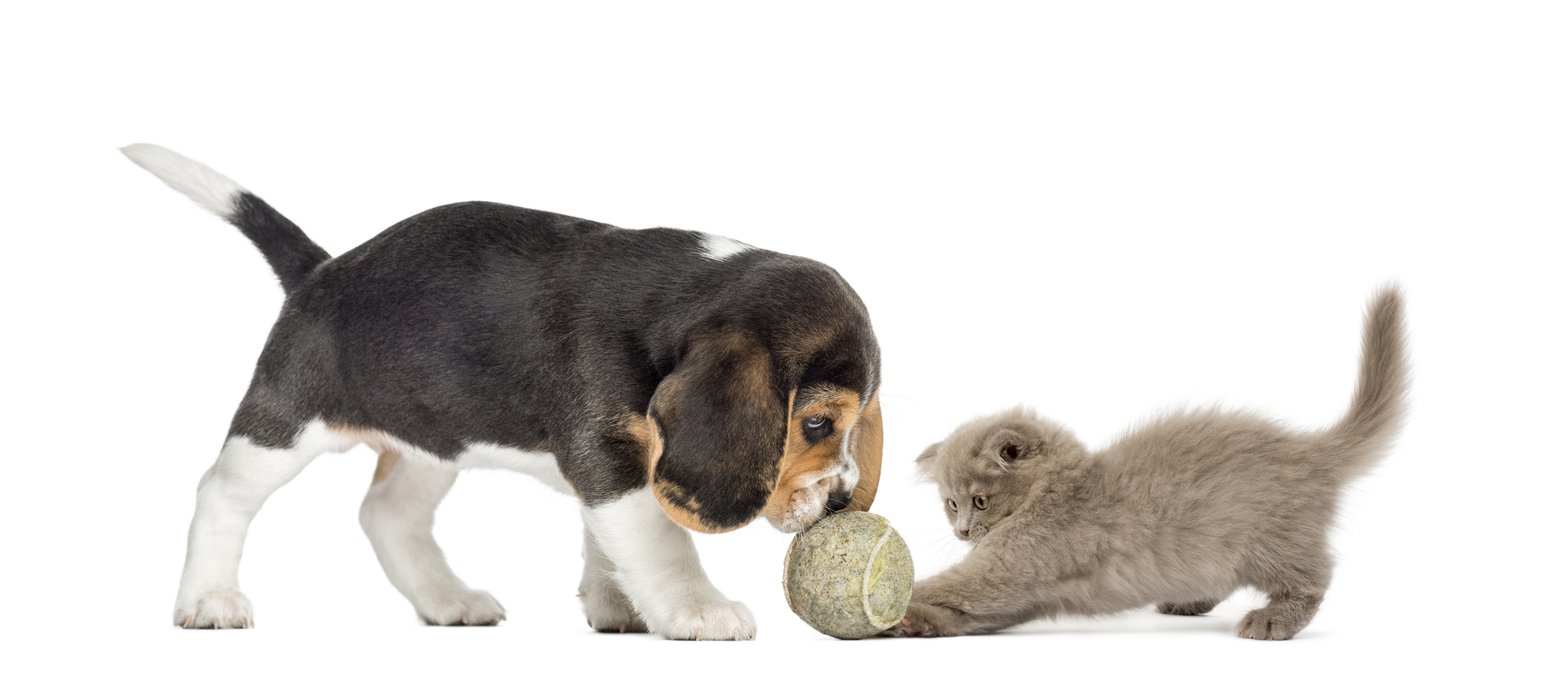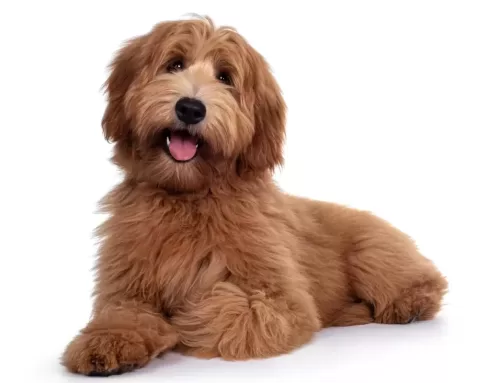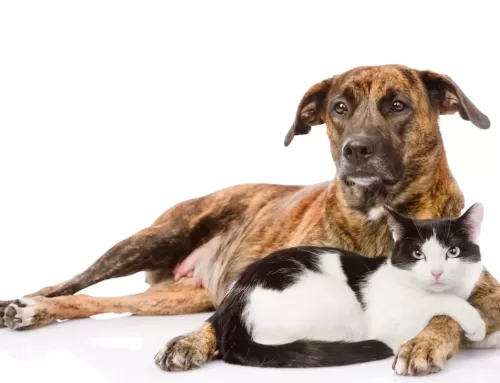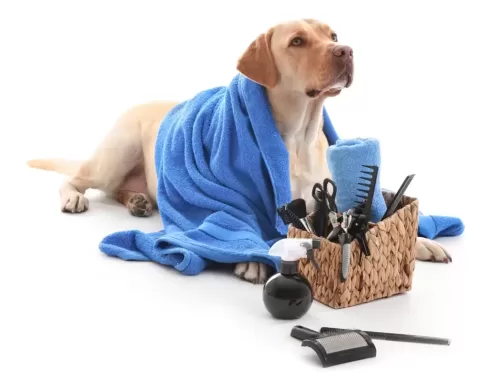Puppies develop the majority of their adult personality by the age of 16 weeks. If you want your puppy to be well adjusted and happy, start working on socialization as early as possible. Both positive and negative association are developed during this time and can last a lifetime. Focus on making many positive associations early on in life.
1. Human interaction is very important.
Dogs by nature are pack animals and they don’t like to be alone. This does not mean that your puppy will need to be glued to you 24/7, but a healthy amount of interaction is needed. One of the most important things to do is to gently handle your pet. Touch all parts of your puppy; mouth, paws, tail, ears, tummy, legs etc. Practice restraining your dog. This means holding your dog for a period of few minutes without your dog trying to run away. The reason for this is that when you will need to trim nails, clean ears, brush teeth, bathe and groom, your dog will accept these tasks much easier. Also, when your dog will have to go to the vet for a check-up, you don’t want your dog to get scared and resist when your veterinarian does a nose to tail exam.
2. Socialization with all types of people.
If you limit your puppy’s interaction to only your family, he or she may become fearful of other people. If your puppy has never met anyone outside of your family, if you have guests in your house, your puppy may become fearful, bark, growl and hide. Let your puppy meet all different kinds of people; men, women and children. Some dogs fear children because they are small, move quick and their voices are much higher than an adult. Also, it is important to let your dog see you wearing a hat or a long coat at times so they do not fear people wearing these. If your puppy’s socialization falls around October, make sure you introduce him to costumes before Halloween so they don’t fear the trick or treaters.
3. Expose your puppy to noise and objects.
Many dogs develop real phobias to noise and common objects such as vacuum cleaners, lawn mowers and blowers. Your puppy may startle at first when they are exposed to noise or objects but repeat exposure will lessen their fear. They will quickly learn that there is nothing to fear especially if there is a treat involved after the exposure.
4. Start bathing at an early age at home.
Your puppy will need to learn that regular bathing is a part of their life. Use positive reinforcement after a bath. When your puppy will need to go to the groomer later in life, it will be much easier and less stressful since they are already used to the bathing at home. Before you take your puppy to the groomer for the first time, make sure you take him or her to the groomer just for a friendly visit and get yummy treats to develop positive association.
5. Don’t let your puppy be afraid to ride in your car.
If they have never ridden in a car before, they can get motion sickness, become anxious with the noise of the car or other cars on the road and can become startled with sudden stops and acceleration. At an early age, take your puppy on short car rides and take him or her to pet friendly establishments so there is a positive association with the car ride. After a while, riding in the car will be met with enthusiasm and not fear.
Puppy socialization is an investment that is essential for your pet to become well-adjusted. Take time during this developmental period to help your puppy make many positive associations and become a happy member of your family.






